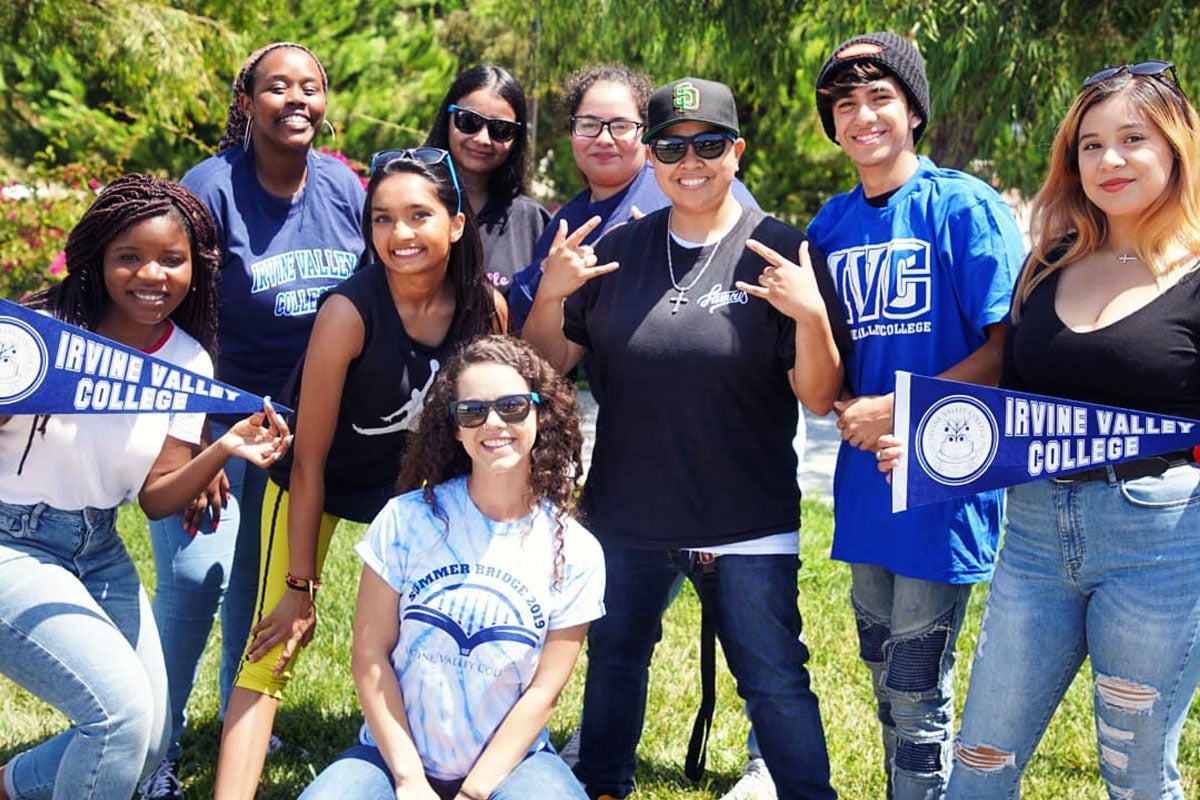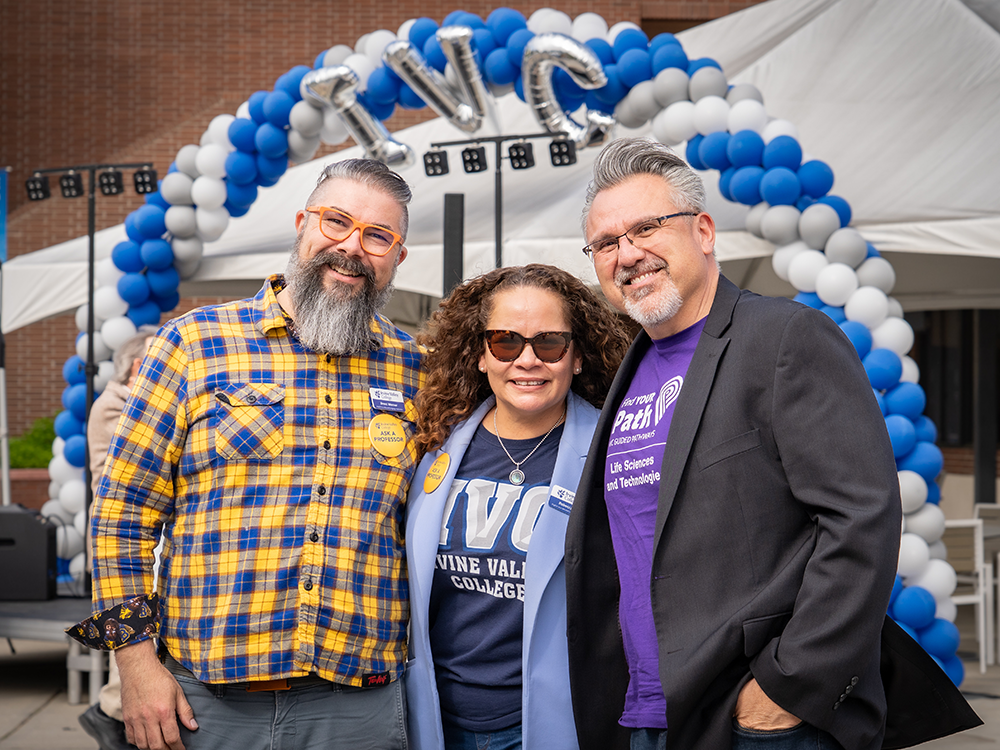Please take a moment as we honor, acknowledge, reflect, and express our sincere gratitude for, and appreciation of, the peoples, ancestors, and sacred land that we gather upon today.
We honor the ancestral homelands and traditional territories of Indigenous peoples who have been here since time immemorial, and to recognize that we must continue to build solidarity, and kinship, with Native Indigenous communities.
At Irvine Valley College we honor the Kizh Nation, the Acjachemen Nation, and the Gabrieleño/Tongva Tribe. We would also like to pay our respects to the land and life of Indigenous people, the ancestors, elders, and our relatives/relations past, present and emerging.





